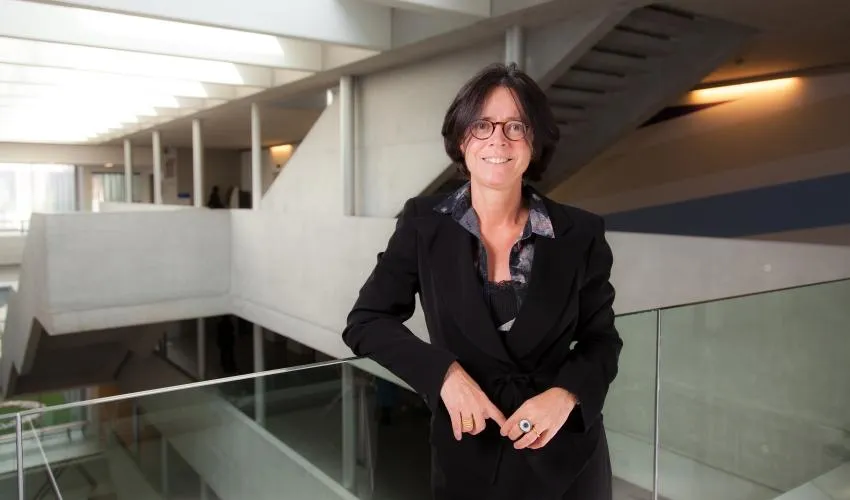
Lula's Return to Brazil
Luiz Inácio "Lula" da Silva will govern Brazil from January 1, 2023 after beating President Jair Bolsonaro on October 30. It is the first time in Brazil that a sitting president was not confirmed for a second term and the first time that a president will govern for the third term, Lula having already been president from 2003 to 2010. The election campaign was very harsh, polarized and often violent. The next few days are expected to be very tense due to demonstrations by Bolsonaro's supporters, who do not accept defeat, claiming hypothetical electoral fraud and catastrophic prospects (for example, closure of all churches) fueled by the disinformation of the past months. Despite the demonstrations of recent days and the fears of possible coup attempts, the stability of democratic institutions does not seem to be in question. Even Bolsonaro, who did not recognize Lula's victory, said he wanted to respect the Constitution and started the process of transition to the new government.
Lula will begin to govern in an unfavourable economic situation. There is a broad consensus that the country will grow less next year: the IMF, for example, estimates that GDP growth will fall to 1% in 2023 from 2.8% in 2022. The international environment will be worse as a result of slowing growth in the world's largest economies – the US, Europe and China – the likely decline in commodity prices and tightening US monetary policy. For Brazil, this means lower export earnings and a possible outflow of financial capital attracted by higher returns on assets in US dollars. However, vulnerabilities on public debt should not emerge, because the foreign component of public debt is low and the country has abundant foreign exchange reserves. The restrictive monetary policy of the Central Bank of Brazil will also be a drag on growth. High interest rates reduce corporate investment expenditure, with negative effects on fixed capital accumulation and productivity dynamics. However, it does not seem that Lula intends to intervene in the Central Bank, which is now independent, since he has always considered inflation the worst enemy of the poor.
Based on initial indications, the three main internal challenges that Lula intends to address in the next four years are the pacification of the country, the reduction of poverty and inequality, and the protection of the Amazon. The result of the elections showed a country split in two, Lula won with a very small advantage, of about 2 million votes out of 124 million voters, and the electoral campaign polarized the pro-Bolsonaro and pro-Lula groups. In his first speech as President-elect, Lula said he wants to govern for all Brazilians, only time will tell if he can overcome this challenge. To reduce poverty and inequality, Lula will try to focus on a more expansive and redistributive fiscal policy, while maintaining a focus on the balance of public accounts. He said he intends to review the limits on the expansion of public spending and implement a reform of the tax system, which most likely in addition to providing for needed simplification will include an increase in taxation for the richest classes of the population. He does not intend to proceed with new privatizations, for example of Petrobras, but neither does he intend to block the initiatives already taken. The choice as Vice-President of Geraldo Alckmin, former presidential candidate of the Partido da Social Democracia Brasileira (PSDB), the main center-right rival of the PT since the nineties, signals his orientation towards fiscal responsibility.
For any reform proposal, however, there is always the obstacle of the approval of Congress, which is always very fragmented and more conservative. Lula, who will participate in COP27, intends to reverse the destruction of the Amazon since 2018 and this change, fundamental for the fight against global climate change, could also unlock the ratification of the Association Agreement between the European Union and Mercosur.
If he can make progress on these three major challenges over the next four years, Lula will have made Brazil a more inclusive country, with less inequality in income distribution and better environmental sustainability.